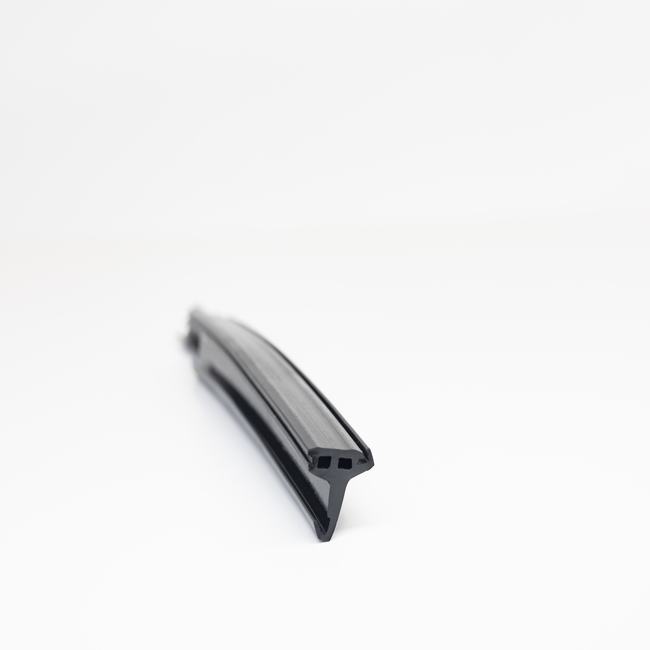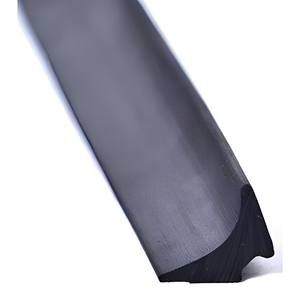Industrial seals are vital components used in a wide range of industrial applications to prevent the leakage of fluids, gases, and contaminants from equipment, machinery, and systems. These seals come in various types, materials, and designs to accommodate diverse industrial needs. In this comprehensive description, we will explore the functions, types, materials, installation, maintenance, and applications of industrial seals, as well as their benefits and significance in industrial settings.
1. Purpose and Function:
- Containment: The primary purpose of industrial seals is to provide a barrier that prevents the escape or entry of fluids (liquids or gases), particles, and contaminants. This containment function is crucial for maintaining the integrity, safety, and efficiency of industrial equipment and processes.
- Leak Prevention: Industrial seals play a critical role in minimizing leakage, which can have serious consequences in industrial settings. They are used to seal joints, connections, and interfaces, ensuring that substances remain within their designated areas.
- Environmental Protection: Seals help protect the environment by preventing the release of hazardous materials, pollutants, or potentially harmful substances into the surroundings.
2. Types of Industrial Seals:
- Mechanical Seals: These are commonly used in pumps, compressors, and agitators to seal the rotating shafts. They typically consist of a stationary and a rotating face that creates a dynamic seal.
- Gasket Seals: Gaskets are flat or contoured sheets made of various materials (such as rubber, metal, or composite) and are placed between two mating surfaces to create a static seal. They are widely used in flanges, pipe connections, and equipment enclosures.
- O-Ring Seals: O-rings are circular seals made from elastomeric materials like rubber. They are used in various applications, including hydraulic systems, pneumatic systems, and fluid connectors.
- Lip Seals: Lip seals, also known as oil seals, are used to seal rotating shafts and prevent the leakage of lubricants in machinery, such as engines and gearboxes.
- Diaphragm Seals: These seals consist of a flexible diaphragm that isolates a process fluid from a measuring instrument. They are commonly used in pressure and level measurement applications.
- Radial Shaft Seals: Radial shaft seals are used to seal rotating shafts, particularly in equipment like pumps, motors, and gearboxes.
- Rotary Seals: Rotary seals are designed for applications where the shaft is in continuous motion. They provide dynamic sealing for applications like rotary valves and hydraulic swivels.
3. Materials:
- Industrial seals are manufactured from a wide range of materials to suit different applications, including rubber, silicone, PTFE (Teflon), metal, and various synthetic or composite materials. The choice of material depends on factors such as temperature, pressure, chemical compatibility, and wear resistance.
4. Installation and Maintenance:
- Proper installation is crucial to ensure the effectiveness of industrial seals. Installation methods and procedures vary depending on the type of seal and the specific application. Regular maintenance and inspection are necessary to detect wear, damage, or deterioration and replace seals as needed to prevent leaks.
5. Applications:
- Industrial seals find applications in various industrial sectors, including but not limited to:
- Oil and gas: In pipelines, valves, and wellheads.
- Chemical processing: In reactors, pumps, and vessels.
- Manufacturing: In machinery, conveyors, and hydraulic systems.
- Aerospace: In engines, hydraulic systems, and aircraft components.
- Automotive: In engines, transmissions, and brake systems.
- Food and pharmaceutical: In processing equipment and packaging machinery.
6. Benefits:
- Industrial seals offer numerous benefits, including:
- Preventing leaks and spillage, which can lead to environmental contamination and safety hazards.
- Enhancing equipment efficiency and lifespan by minimizing wear and corrosion.
- Reducing maintenance costs and downtime.
- Ensuring the safety of personnel and surrounding areas by containing hazardous substances.
- Maintaining product quality and purity in sensitive manufacturing processes.
7. Significance in Industrial Settings:
- Industrial seals are integral to industrial operations, ensuring the safety, reliability, and environmental responsibility of various processes. Their role is indispensable in preventing accidents, protecting the environment, and maintaining the efficiency of industrial equipment, making them a critical component in the industrial landscape.
In summary, industrial seals are fundamental components in industrial applications, providing sealing solutions that range from preventing leaks in pipes to ensuring the longevity and reliability of machinery and equipment. Their diverse types and materials cater to a wide array of industrial needs, making them a cornerstone of industrial safety, efficiency, and environmental protection.




